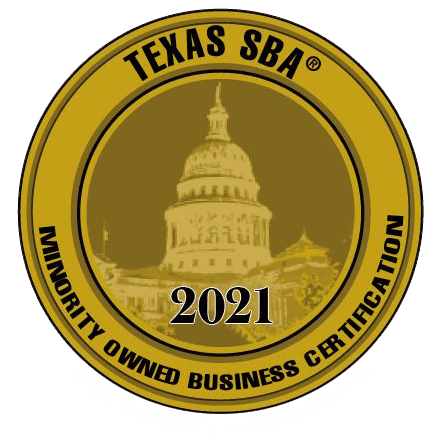
As a business owner in Houston, understanding the value of your business is crucial for making informed decisions. Business valuations can help you determine your business’s worth and identify improvement areas. However, there are different methods for valuing a business, each with advantages and disadvantages. This post will discuss the different types of business valuations and help you determine which is right for your Houston business.
Market-based valuation:
Market-based valuation is based on the selling price of similar businesses in the same industry. This method is helpful for businesses with many competitors and a robust market. One advantage of this method is that it provides a real-world benchmark for your business’s value. However, it may not be as helpful for unique or niche businesses with few comparable sales.
Asset-based valuation:
Asset-based valuation involves calculating the value of your business based on its assets, such as real estate, equipment, and inventory. This method is helpful for businesses with a lot of tangible assets. One advantage of this method is that it provides a clear understanding of your business’s tangible worth. However, it may not consider the value of intangible assets, such as intellectual property or goodwill.
Income-based valuation:
Income-based valuation involves calculating the value of your business based on its earnings potential. This method is helpful for businesses with a substantial revenue stream or high-profit margins. There are different approaches to income-based valuation, including discounted cash flow (DCF) and earnings before interest, taxes, depreciation, and amortization (EBITDA). One advantage of this method is that it considers the potential for future earnings, not just the current state of the business. However, it may not be as helpful for businesses with inconsistent or unpredictable earnings.
Real-world examples:
To illustrate how each valuation method works in practice, let’s consider a hypothetical Houston-based bakery.
Market-based valuation: Suppose the bakery is looking to sell, and similar bakeries in the area have sold for an average of $500,000. Based on this information, the bakery’s market value would be around $500,000.
Asset-based valuation: Suppose the bakery owns a commercial kitchen, baking equipment, and inventory worth $300,000. Based on this information, the bakery’s asset-based value would be around $300,000.
Income-based valuation: Suppose the bakery has consistent annual revenue of $750,000 and an EBITDA of $100,000. Based on this information, the bakery’s income-based value could be calculated using a multiple of EBITDA, such as 3x, for a total value of $300,000.
EZQ Group’s expertise:
EZQ Group specializes in business valuations and has experience helping businesses in Houston determine the most appropriate valuation method for their specific needs. Their team of experts can thoroughly analyze your business’s financials, identify areas for improvement, and recommend the most suitable valuation method.
In conclusion, there are different types of business valuations, and the most appropriate method depends on the nature and circumstances of your Houston business. Market-based valuation is helpful for businesses with many competitors and a robust market. Asset-based valuation is useful for businesses with a lot of tangible assets. Income-based valuation is helpful for businesses with a substantial revenue stream or high-profit margins. It’s essential to seek professional guidance from experts like EZQ Group to determine your business’s most suitable valuation method and make informed decisions.
